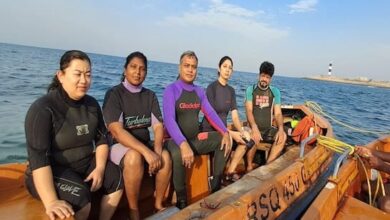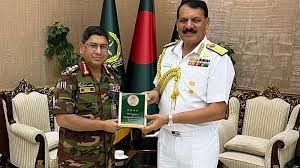
In a recent appeal, Home Minister Amit Shah has urged Tamil Nadu Chief Minister M.K. Stalin to introduce engineering and medical courses that are taught entirely in Tamil. This proposal is aimed at empowering local communities by making higher education more accessible to Tamil-speaking students and preserving the state’s rich linguistic heritage. Shah’s call for culturally inclusive professional education highlights a growing demand for educational reforms that bridge the gap between traditional language and modern academic disciplines.
The Rationale Behind the Proposal
The suggestion to offer engineering and medical courses in Tamil stems from several key observations and goals:
Promoting Regional Talent:
Many students in Tamil Nadu are more comfortable learning in their native language. By offering courses in Tamil, educational institutions can tap into a wider pool of local talent, encouraging more students to pursue higher education in critical fields such as engineering and medicine.
Enhancing Accessibility:
Not all students in the state have the proficiency in English required to excel in conventional engineering and medical programs. Courses taught in Tamil could help remove language barriers, allowing more students to excel academically and professionally.
Cultural Preservation:
Integrating Tamil into professional education is seen as a way to promote and preserve the state’s linguistic and cultural heritage. This initiative would ensure that Tamil remains a vibrant medium of instruction, even in fields that are traditionally taught in English.
Inclusive Growth:
By making professional education accessible to a larger segment of the population, the proposed courses can contribute to more balanced regional development. This aligns with broader governmental objectives of fostering inclusive growth and empowering local communities through education.
Potential Benefits for Students and the State
If implemented, the initiative to offer engineering and medical courses in Tamil could have far-reaching benefits:
Wider Participation in Higher Education:
With education tailored to the linguistic strengths of local students, enrollment in professional courses is likely to increase. This can lead to a more educated workforce and a stronger pool of skilled professionals in Tamil Nadu.
Boost to Regional Innovation:
By nurturing local talent, the state could see a surge in homegrown innovation and research. Students who learn in their native language might bring unique perspectives to engineering and medical fields, contributing to advancements that are specifically relevant to regional challenges.
Strengthening Cultural Identity:
Offering courses in Tamil will help reinforce the cultural identity of the state. It creates a harmonious blend of tradition and modernity, demonstrating that regional languages can thrive in advanced academic and professional contexts.
Economic Growth and Job Creation:
A better-educated workforce is a key driver of economic growth. By increasing access to professional education, the initiative could lead to higher employment rates in technical and healthcare sectors, boosting the local economy.
Implementation Considerations
To make this proposal a reality, several practical steps and policy changes would be required:
Curriculum Development:
Educational boards and universities would need to develop robust curricula in Tamil for engineering and medical courses. This includes translating existing course materials and creating new content that meets global standards while remaining culturally relevant.
Faculty Training:
There must be an investment in training educators who are proficient in Tamil and capable of delivering complex technical subjects in the language. This may involve collaborations with academic institutions and language experts.
Infrastructure Investment:
Upgrading educational infrastructure to support courses in Tamil, including modern labs and digital resources, will be critical to ensure that the quality of education is maintained.
Government Support:
Policy measures and financial incentives from both state and central governments will be essential to drive the adoption of Tamil-medium professional education. Public-private partnerships could also play a role in funding these initiatives.
Conclusion: A Vision for a Culturally Inclusive Future
Amit Shah’s proposal for Tamil Nadu to introduce engineering and medical courses in Tamil represents a bold and visionary approach to higher education. By breaking down language barriers and fostering an environment that values regional identity, this initiative has the potential to transform the educational landscape in the state. As the debate continues, stakeholders from government, academia, and the community will need to collaborate to turn this vision into reality. If successful, this initiative could serve as a model for other regions, promoting a more inclusive, culturally rich, and economically robust future.









